We caught up with the brilliant and insightful Sean Danson a few weeks ago and have shared our conversation below.
Sean, looking forward to hearing all of your stories today. Can you talk to us about how you learned to do what you do?
The craft is nothing without a viewpoint. However, sometimes your viewpoint isn’t discovered until you take action. Often with poems, I begin by pulling on a thread without knowing where it will lead. It may feel like it’s coming out of thin air, but it comes from your insides, from your subconscious or perhaps even from Carl Jung’s collective unconscious. It’s also important for me to let the purpose of the writing dictate its structure. Especially with poetry, people have their rules about what is or isn’t correct; what is or isn’t a poem. That makes a mess of things. While it’s possible to be overly saccharine, melodramatic, or dry, even these styles can serve a purpose. Sometimes, reading a poem that is bitching about things can be as enjoyable as the more “profound” poems. Poetry stands apart from all other writing styles to me because it doesn’t require narrative, or beats, or a particular effect. It’s the only kind of writing that pays reverence to the small moments in life that usually fall through the cracks. These moments, though disembodied from our stories, are no less defining of our lives.

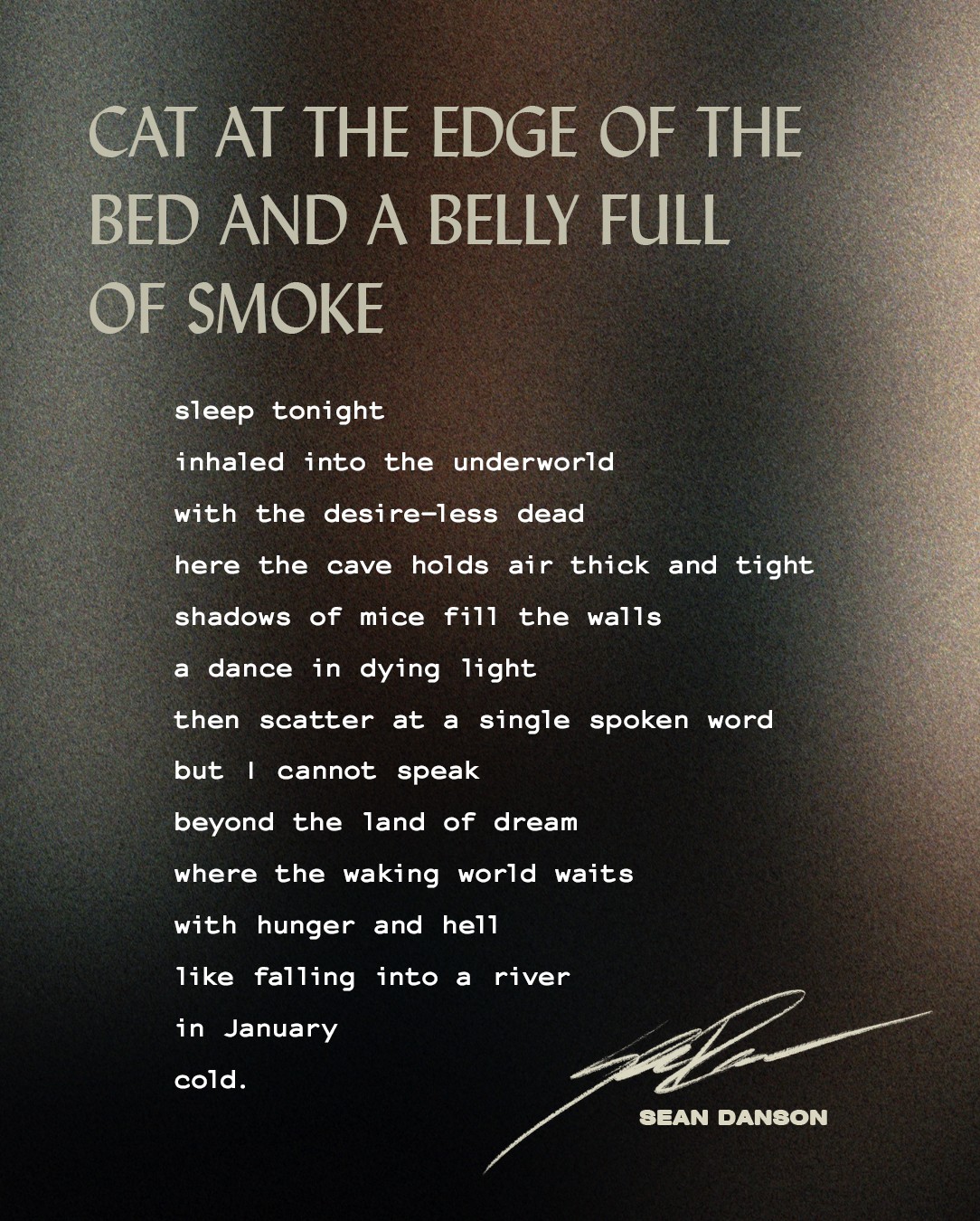
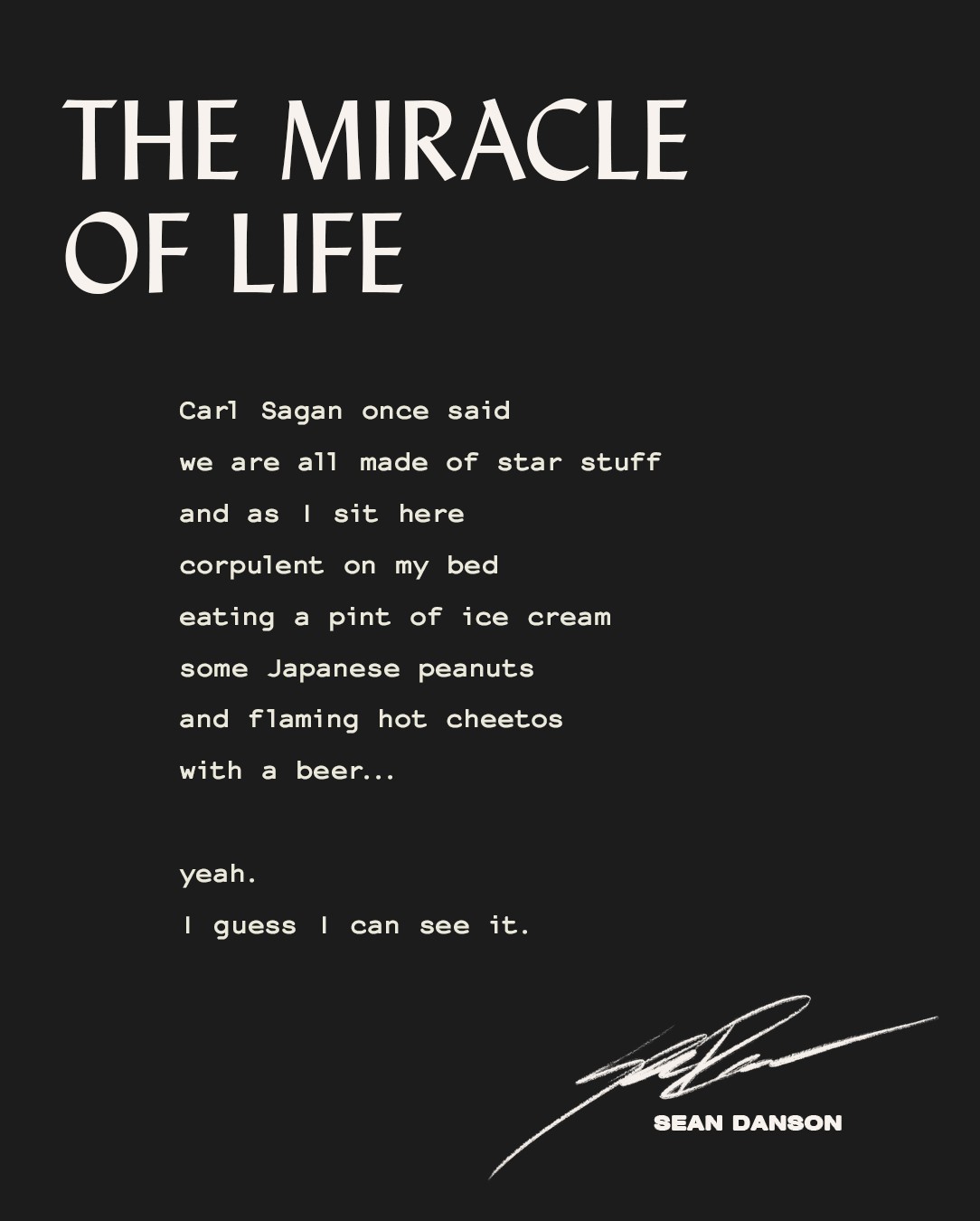
As always, we appreciate you sharing your insights and we’ve got a few more questions for you, but before we get to all of that can you take a minute to introduce yourself and give our readers some of your back background and context?
I’ve been an artist of various vocations my whole life. I record music, paint, and write primarily. Since Covid I have focused more on writing. I’ve written three books of poetry, the most recent came out a year ago called The Vicious Light. I’m most proud of that one because I feel that I really hit a stride. I like the tone of that book. As far as having anything that resembles a mission, I care about living an art life. I’m fortunate enough to have moved to the beautiful canyon in Sierra Madre and I try to remind myself to slow down into it everyday. At some point, I’ll write the novel that is held up inside of me. For now, I’ll continue as I am. I’ll fight with my cat (whom I love), avoid the bears, listen to the birds in the morning, and the frogs through the night.
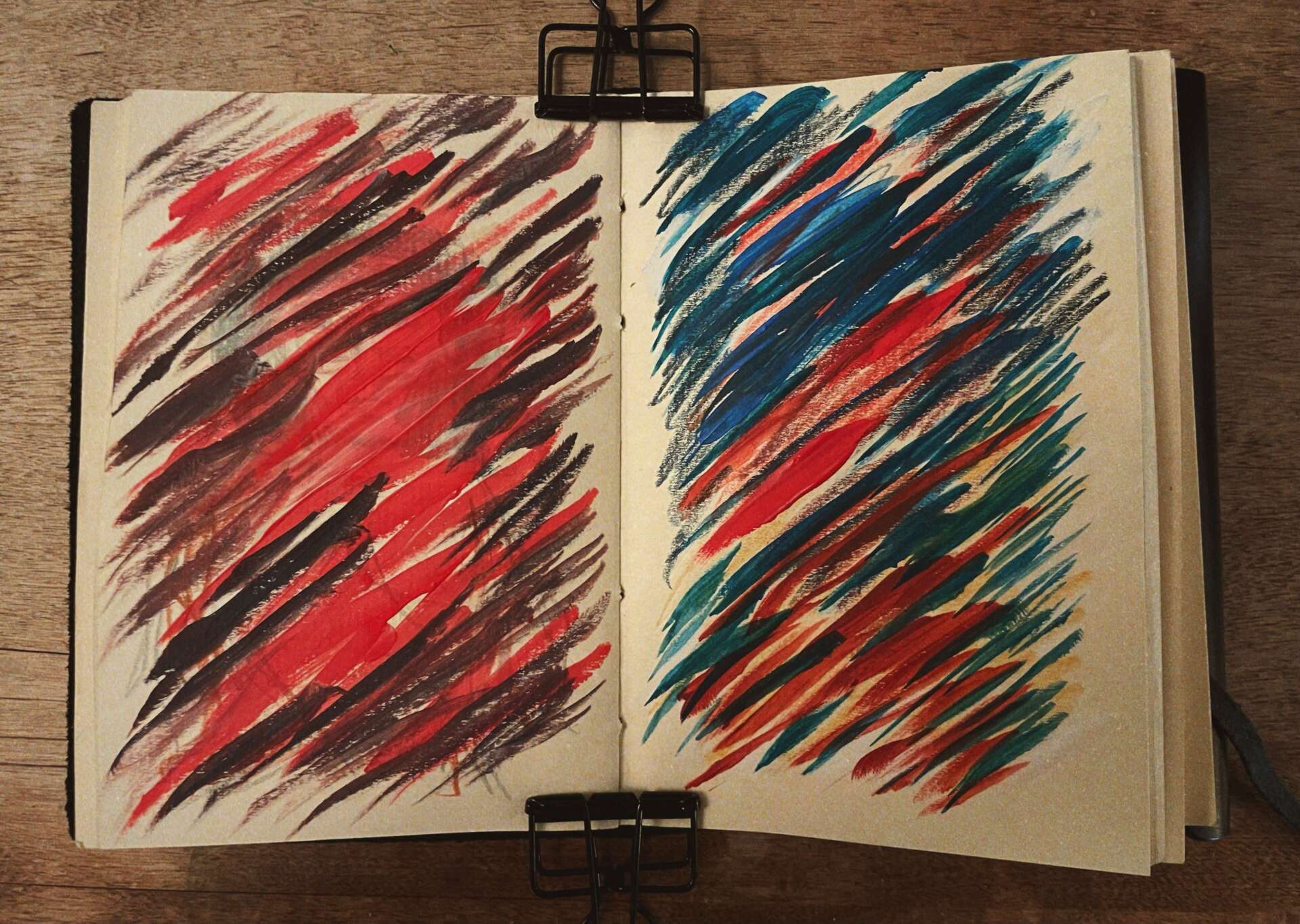
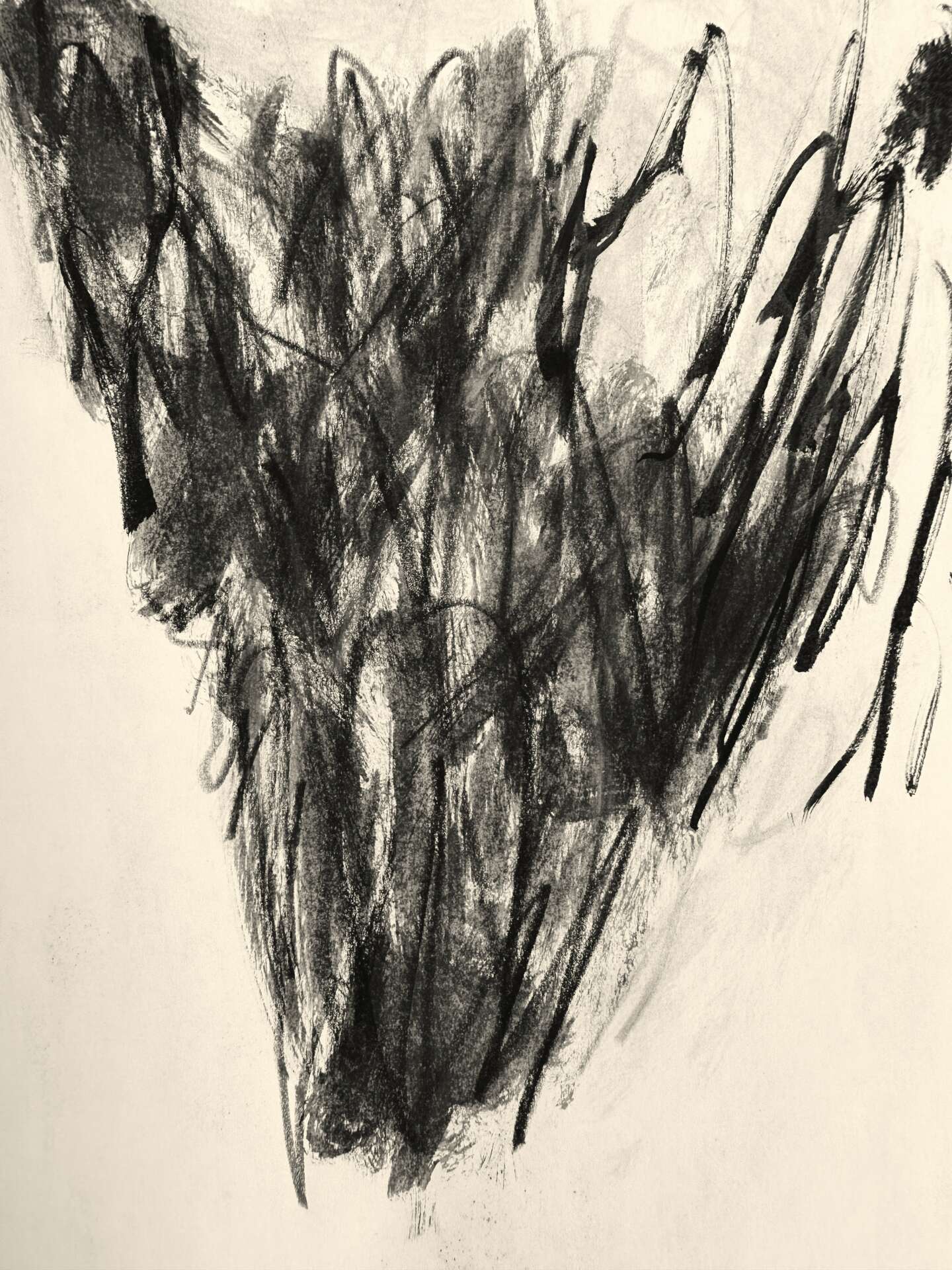
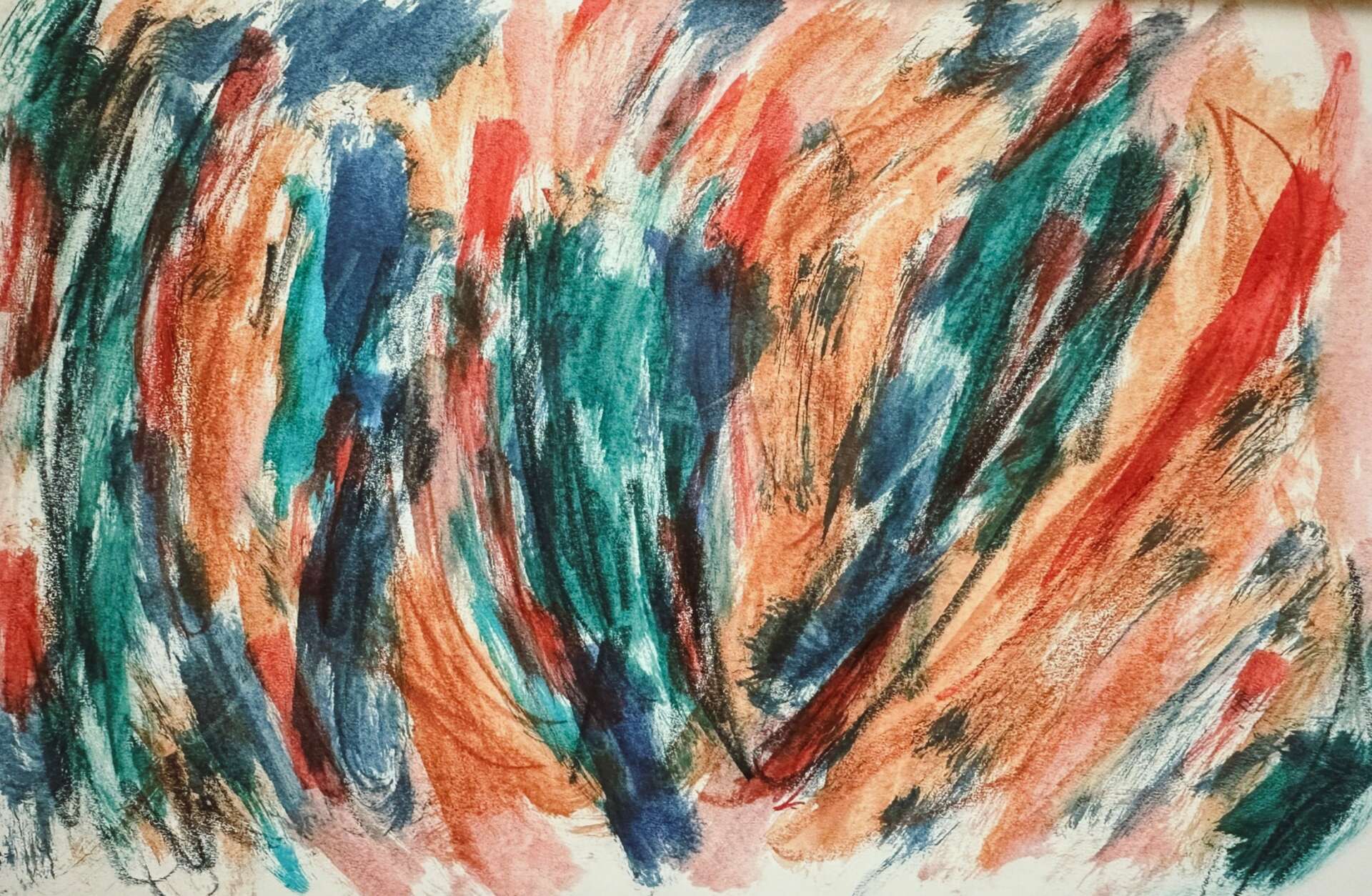
What can society do to ensure an environment that’s helpful to artists and creatives?
Society is designed to both need and disrespect creativity/individuality, often seeing it as tangential, wayward, or worse—a commodity. Artists have to get loud to overcome it. Not just loud, but strong, while somehow preserving the sensitivities that make them brilliant. Society loves predictability. Predictability is safety, even if it blocks progress. I think artists can feel that pressure to fit in that mold. I hate that. What a shame. You’re an artist! You’re creative! You must have the courage to champion your own viewpoint. If it weren’t for artists, the mid-life crisis would happen every year.
For a society to support artists, it would require a failure of predictability; the systems break, the plan fails, the meaning is lost. Then it looks to the artists for help. Don’t hold your breath waiting for the world to change.
Instead, fall in love with others. Fall in love with everything, even society. Help everyone bring out the details of their lives, in art or otherwise. Details elicit intimacy. That’s why the invention of the microphone turned Bing Crosby into a sex symbol. Likewise, when I read your question and see the words “creative ecosystem”, my mind fills with vivid colors and a variety of people, each filled with dignity, expressing their individual viewpoint as well as exploring others’.
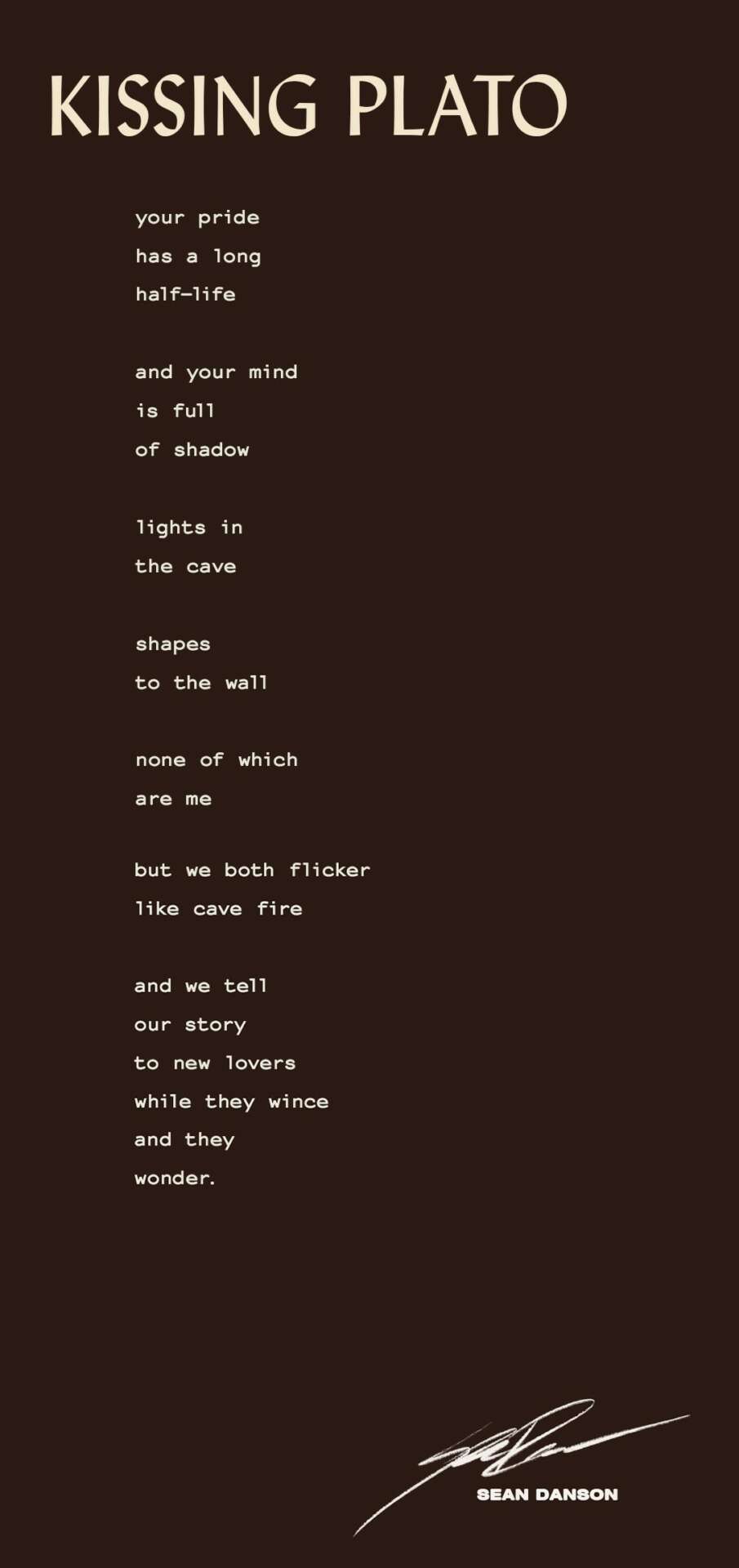

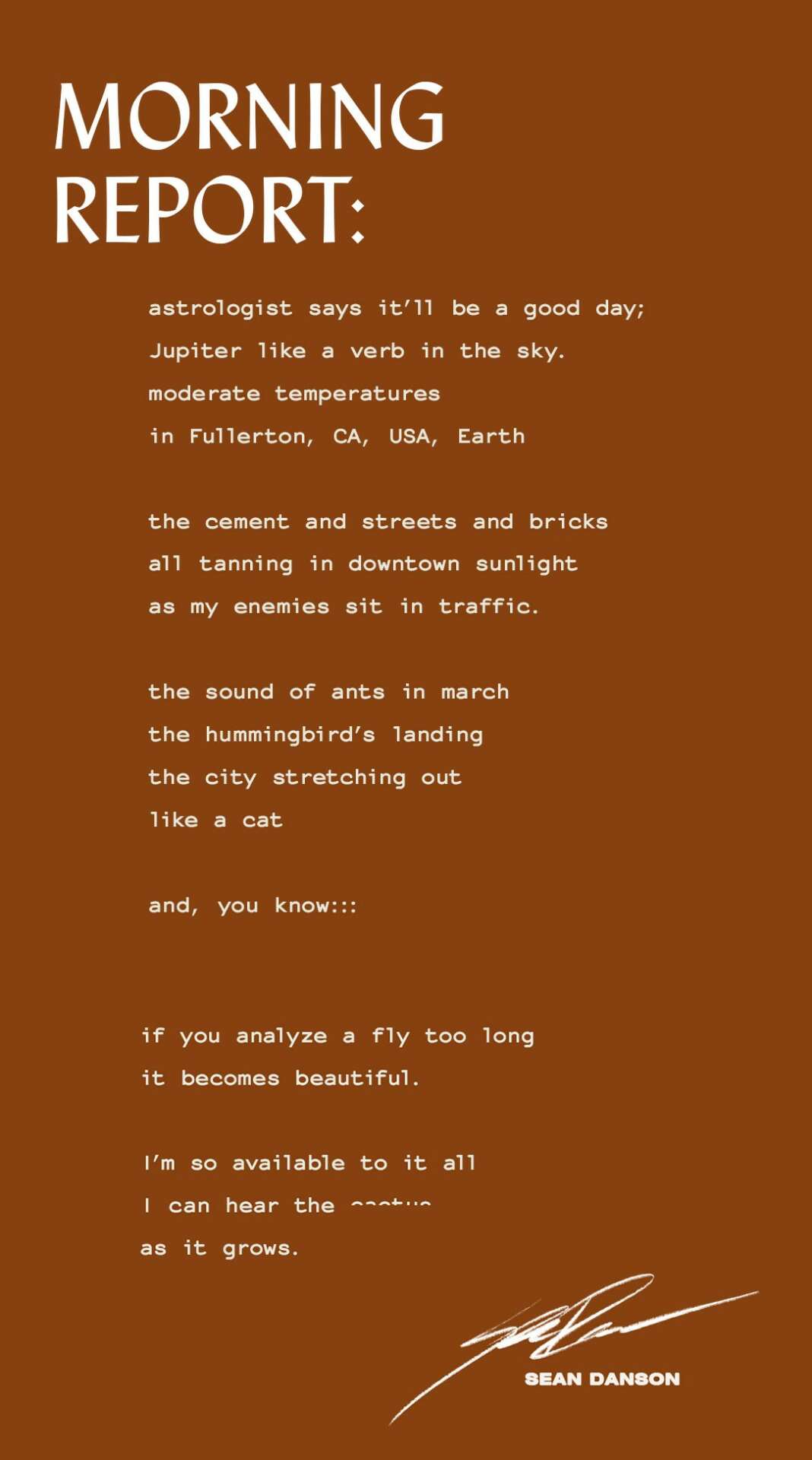
Looking back, are there any resources you wish you knew about earlier in your creative journey?
Not everything is on the internet. Visit small bookstores wherever you can find them. Buy something you’ve never seen before about a topic unrelated to your work. Dive in.
If you pick up a book about science, grab one about psychics. If you grab a book about war, grab one about love. Before this era of fast food facts, flash fiction, and popcorn poems, people dedicated years to writing maybe just one book. They thought it over endlessly, they toiled over a single word in a sea of them. They meant it.
We have this incredible invention that we barely appreciate the magic of. We pick up these artifacts made of thin slices of tree, with markings on them. Then, when we simply look at them, we hear the voice of an author who lived thousands of years ago while hallucinating vividly. We find ourselves in conversation with the greatest minds the world has ever known.
For me, really leaning into this changed my life for the better. I recommend it adamantly for any creative person or artist.

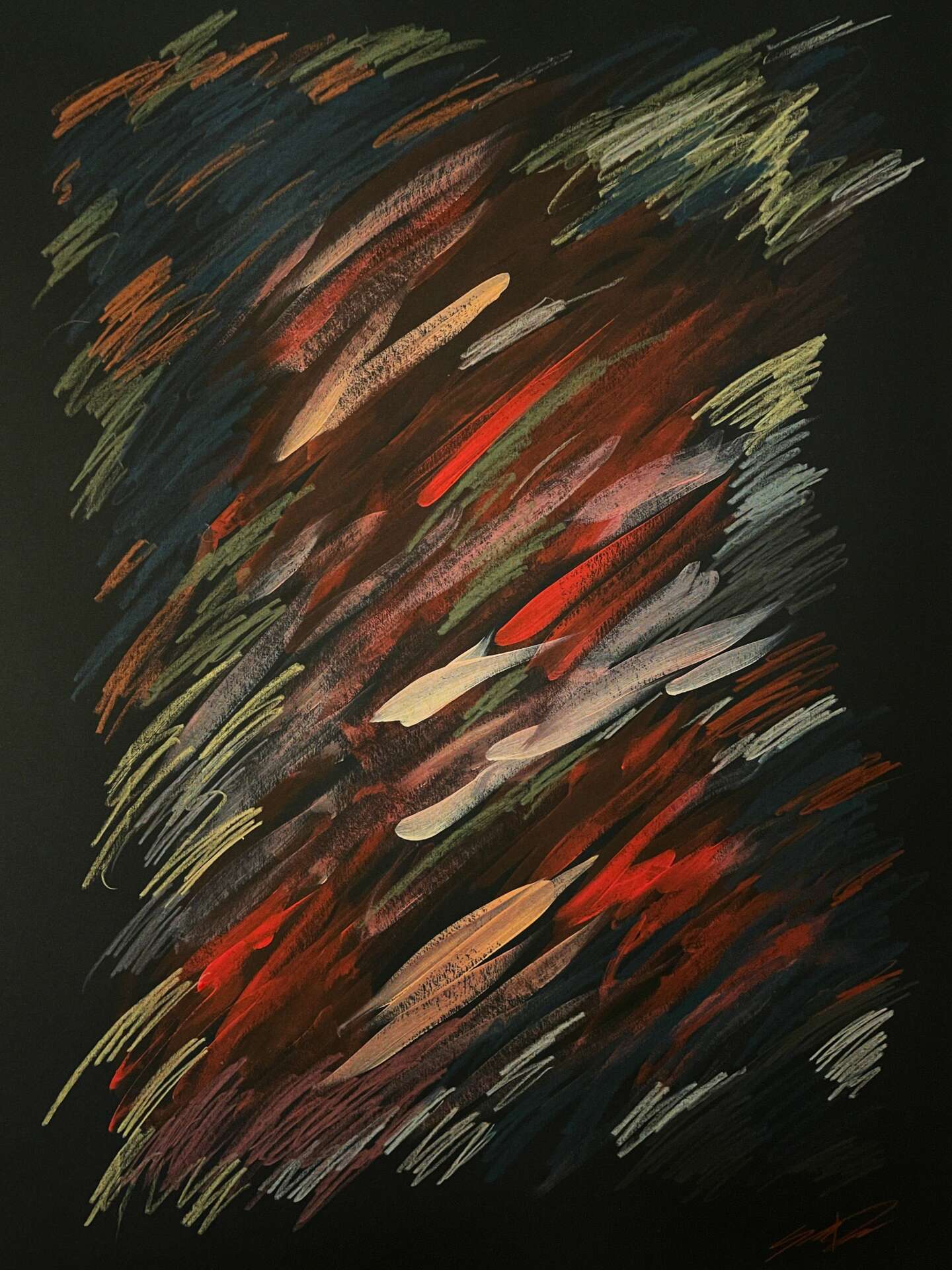
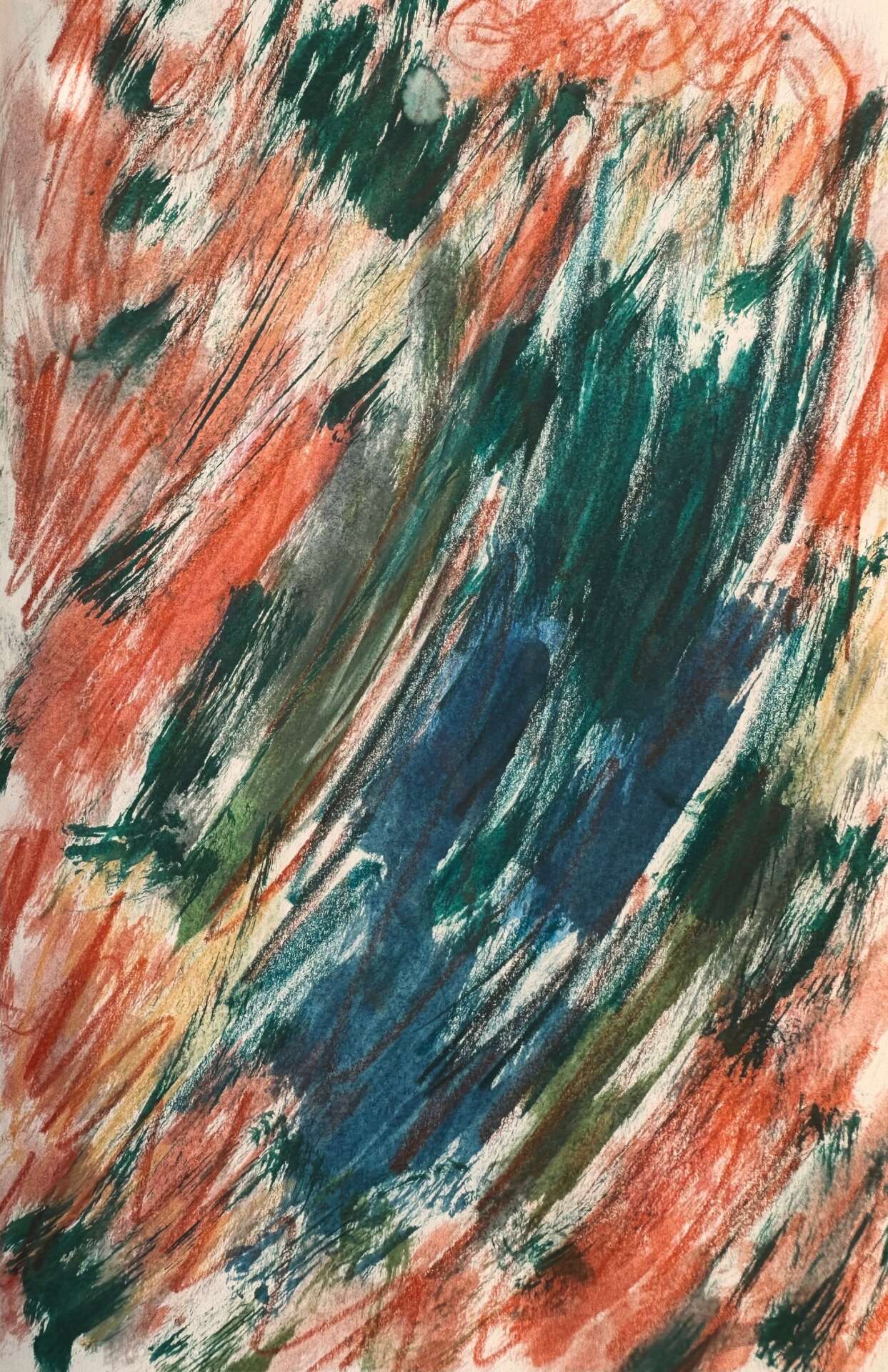
Contact Info:
- Website: https://sean-danson.com/
- Instagram: https://www.instagram.com/americanshapeshifter/
Image Credits
Sean Danson


